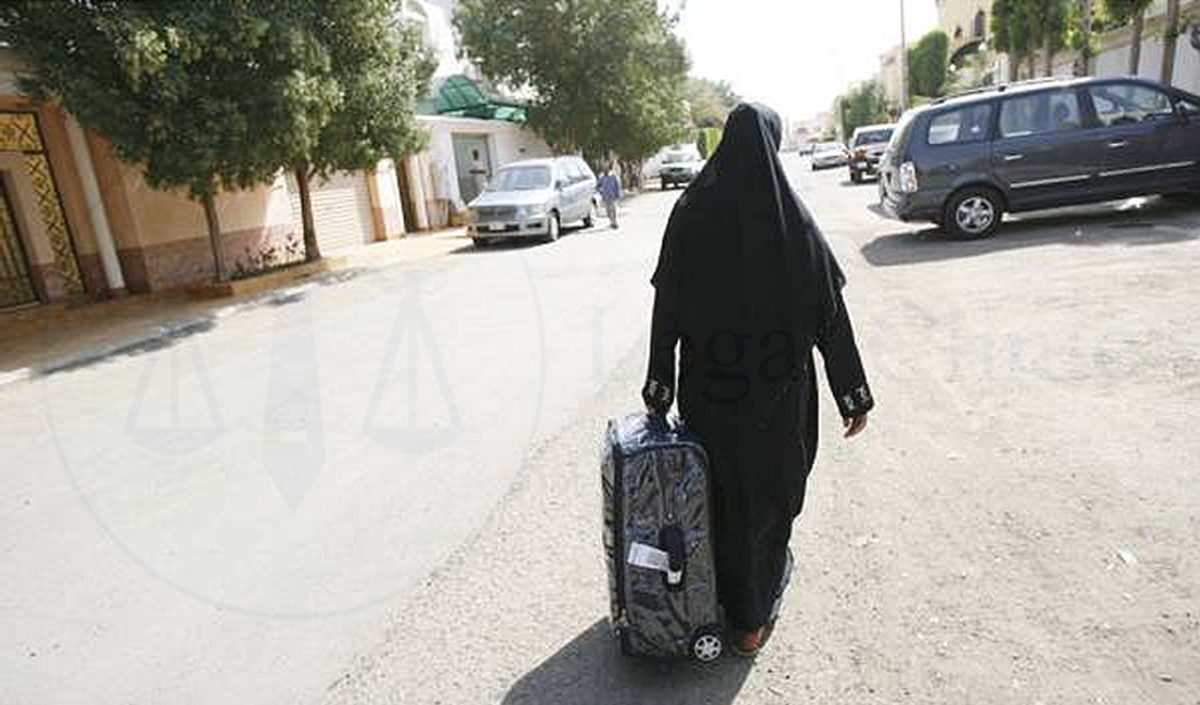21/05/2025
21/05/2025

For many expatriates arriving in Kuwait for the first time, unfamiliarity with local labor laws can lead to serious legal trouble. Misguided by poor advice or driven by the hope of earning higher wages, some expats abandon their original sponsors to work illegally for others, often unknowingly committing what is legally considered "absconding." On the other hand, not all absconding cases stem from actual wrongdoing by the worker. Sometimes, certain company owners or expatriate managers misuse their authority and file false absconding reports to intimidate or retaliate against employees. Even more concerning is the growing problem of visa trading, where brokers sell work permits to unsuspecting expats and later file absconding cases in bad faith to free up visa quotas for further illegal sale. Whether due to misinformation or exploitation, absconding cases can have severe consequences. This article offers a detailed legal breakdown of when a case can be filed and how workers can defend themselves and seek justice under Kuwait’s labor laws.
1. Filing an Absconding Case: Legal Authority and ProcessA. Private Sector Employees (Article 18 Residency Holders)
Legal Basis: Under Kuwaiti labor law, employers can file an absconding report if a worker fails to report to duty for seven (7) consecutive days without valid cause or prior approval.
1. Timeframe for Reporting:
- The employer must submit an official absence (absconding) report to the Ministry of Interior (MOI) within fifteen (15) days from the first day of the worker’s unnotified absence.
- This absence is legally interpreted as “implied resignation” and provides sufficient grounds for initiating absconding procedures.
2. Posting Notice:
- As stipulated in Article 49 of the Kuwait Labor Law, the employer is mandated to display a copy of the absconding notice in a prominent location at the worksite until the matter is resolved
- This step ensures that due process is maintained, and the employee is informed of the action taken
B. Domestic Workers (Article 20 Residency Holders)
- The recruitment office is liable for reimbursing the employer for both recruitment expenses and the cost of a return air ticket.
- The matter is escalated to the judicial system, which determines compensation obligations and responsibility for repatriation.
2. Contesting or Removing an Absconding Case
A. Private Sector Employees
- Initial Filing and Contestation Window:
Absconding complaints are filed with PAM (Public Authority for Manpower) and remain administratively active for up to ninety (90) days before transfer to the Ministry of Interior.
Legal Remedies Within 90 Days:
1.tVoluntary Withdrawal by Employer:
- The employer retains the right to cancel or withdraw the report via PAM’s portal.
2. Employee Response Options:
Day 1–30: The employee may file a formal objection at the Labor Relations Department, asserting that the absence was either justified or misreported. If accepted, the case is dropped, and full employment rights are preserved.
Day 31–60: The employee may still file a complaint. If successful, they may recover their passport, halt residency cancellation, and prevent deportation.
3. Evidence Requirements:
- The employee must provide supporting evidence such as:
4. PAM Committee Review:
The PAM review committee will assess the legitimacy of the claim. If the employer refuses to remove the case, it typically remains unless:
- The worker falls under the exemption categories:
- Spouse of a Kuwaiti citizen
- Palestinian nationals with valid documents
- Cases involving judicial rulings
- Applicants seeking transfer to family visas
After 90 Days:
- The case is transferred to the Ministry of Interior.
- This may result in:
- Cancellation of residency
- Deportation orders
- Blacklist status preventing re-entry into Kuwait
Committee Authority for Removal (Joint Review):
- A joint panel from PAM and MOI may dismiss the absconding case if:
Employer Role and Online Resolution:
- The employer can initiate removal procedures through the PAM e-platform, but actual removal often requires in-person cooperation and settlement between parties.
B. Domestic Workers
Removal Procedure:
1. Report & Filing by Employer:
The sponsor files an absence report with the MOI via citizen service centers.
2. Dispute Resolution Pathway:
If the case is disputed, it must be referred to the Department of Regulating the Recruitment of Domestic Workers at PAM.
3. Reimbursement by the Recruitment Office:
For absconding within six months, the recruitment office remains liable for associated costs.
4. Judicial Escalation:
If employment exceeds six months or sponsorship lapses, legal disputes are handled by the judiciary.
5. Absconding Removal:
The case can be removed:
- With the employer’s consent
- Via a court judgment
- If the worker qualifies under special exemptions
Kuwait's labor law provides structured processes for both employers and employees regarding absenteeism/absconding matters. While employers have defined rights to file such reports, employees and domestic workers are afforded due process and avenues for legal recourse. Prompt action, documentation, and legal representation are critical to protecting one’s rights under Kuwait’s labor and residency framework.
For more legal-related issues, visit our Legal Section. or Email us at [email protected]


